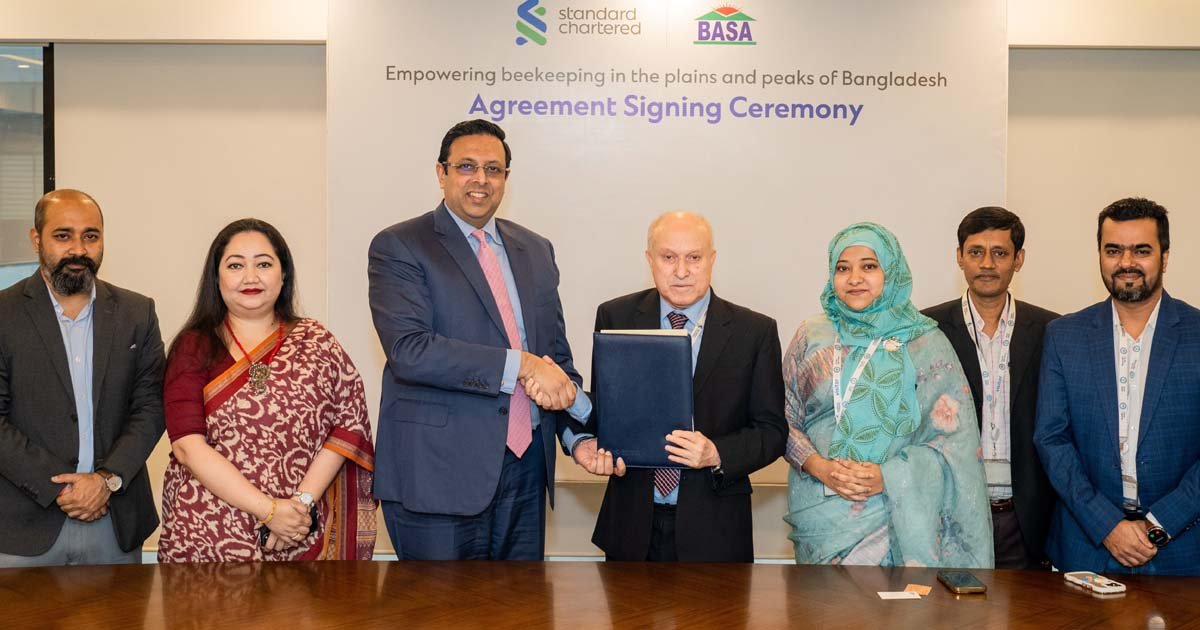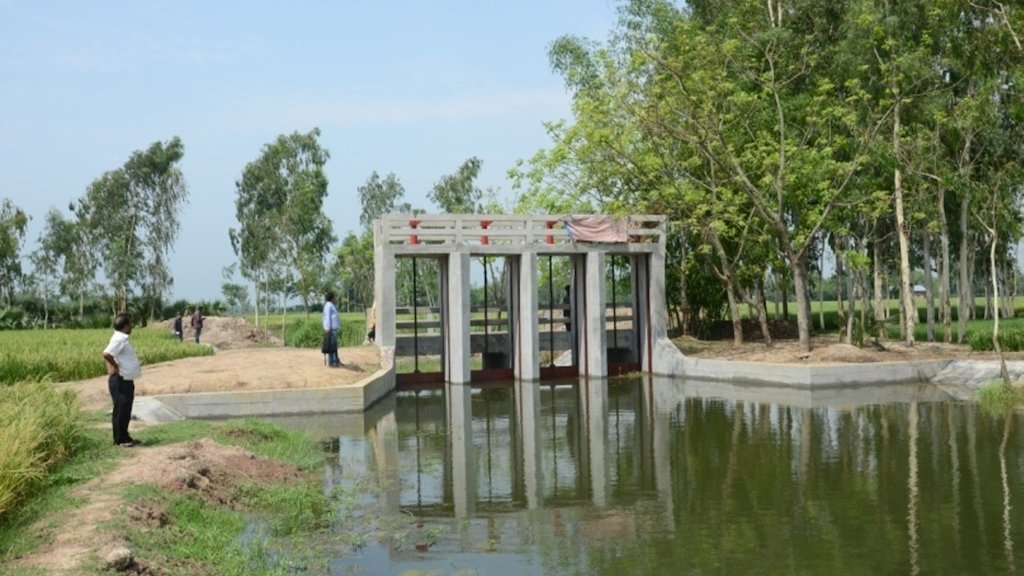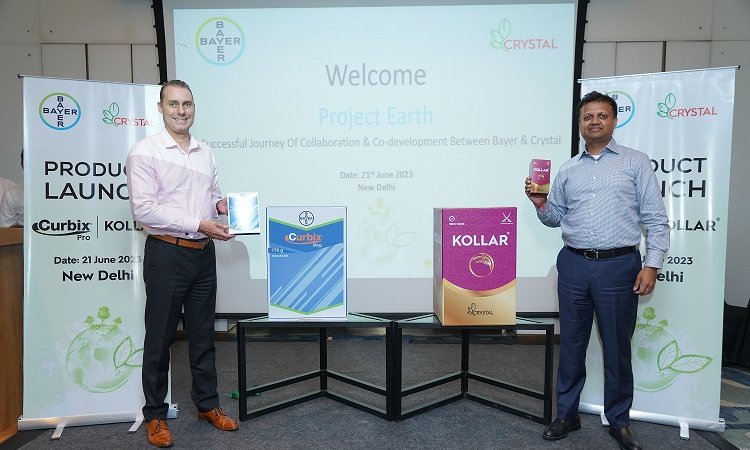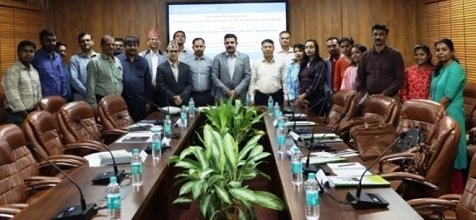Sunflower farming flourishes in Bangladesh
Expected to produce around 2,051 tonnes of sunflowers
Sunflower farming has become increasingly popular in Bangladesh, with over 3,000 hectares of land being used for its cultivation this season. Officials have reported that a total of 3,100 hectares of land have been used for sunflower farming in Khulna, Bagerhat, Satkhira, and Narail districts.
In Bagerhat, a total of 1,048 hectares of land were used for sunflower farming, exceeding the target of 986 hectares set by the Department of Agricultural Extension (DAE). This is expected to produce around 2,051 tonnes of sunflowers. In Narail, 105 hectares of land were cultivated, exceeding the target of 103 hectares, with a production aim of 240 tonnes.
In Khulna, 1,809 hectares of land have been used for sunflower farming, which is slightly less than the target of 2,026 hectares. The production target for Khulna is 4,822 tonnes. In Satkhira, sunflowers were cultivated on 138 hectares of land, which is slightly less than the target of 150 hectares. The production target for Satkhira is 338 tonnes.
According to the local media, sunflower cultivation has been completed on 3,100 hectares of land, which is slightly less than the target of 3,265 hectares. The production target for the region is 7,451 tonnes this season.
According to the government official, sunflower farming has become popular because it is a lucrative and less expensive crop to cultivate. About eight maunds of sunflower seed can be produced from one bigha of land. Initiatives are underway to create a market for selling sunflower seeds.
The government has taken various steps to increase oilseed production. Following Prime Minister Sheikh Hasina’s instructions, fallow land has been brought under sunflower cultivation. The DAE has provided training and motivation to farmers in the respective areas about sunflower cultivation.
Expected to produce around 2,051 tonnes of













